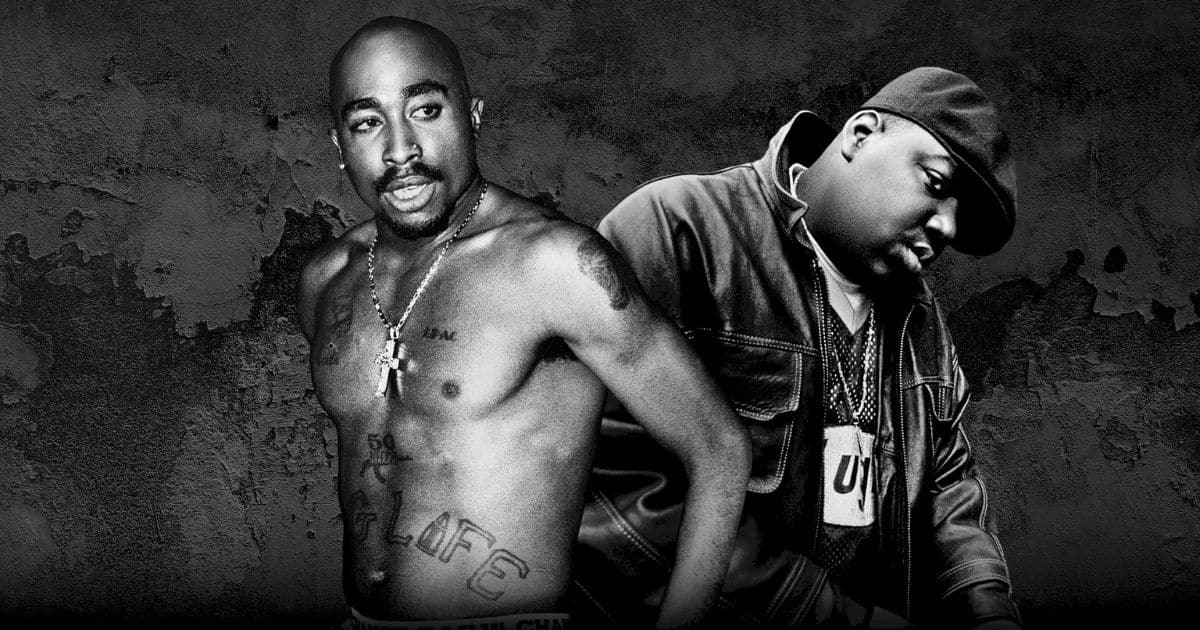In the world of hip hop, few rivalries have captivated the hearts and minds of fans like the legendary feud between Biggie Smalls and Tupac Shakur. The East Coast-West Coast rivalry, which reached its peak in the mid-1990s, not only divided the music industry but also left an indelible mark on popular culture. As two of the most influential and talented artists of their time, Biggie and Tupac’s lyrical prowess and magnetic personalities drew a stark contrast between the gritty streets of New York and the vibrant scenes of Los Angeles. This battle of supremacy not only showcased their distinct styles and storytelling abilities but also revealed the deeper complexities of their personal lives and the communities from which they emerged. Join us on a journey as we delve into the origins, the music, and the tragic end of this iconic rivalry that forever changed the landscape of hip hop.
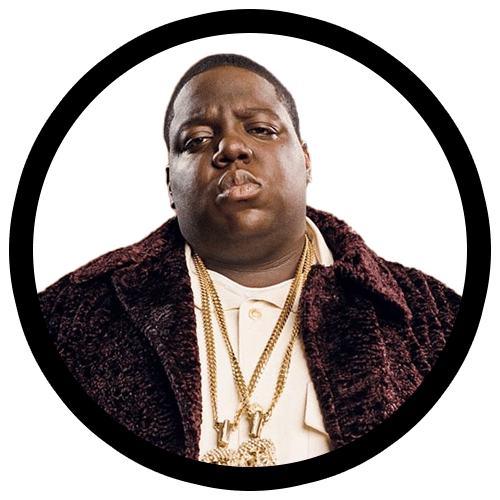
Biggie Smalls Clothing & Merchandise
Give your wardrobe a taste of ’90s hip-hop with the most extensive collection of Notorious B.I.G.’s clothing and merchandise online! From vintage t-shirts to stylish hoodies and comfy sweatshirts, you will have no shortage when it comes to showing love for Biggie Smalls – East Coast’s greatest rapper! And if that wasn’t enough, check out exclusive bomber jackets featuring The King himself. Get these unique items now before they’re gone forever… show off your swag with some iconic rap apparel today!
Early lives and rise to fame of Biggie Smalls and Tupac Shakur
Christopher Wallace, better known as Biggie Smalls or The Notorious B.I.G, was born on May 21, 1972, in Brooklyn, New York. Growing up in the tough neighborhood of Bedford-Stuyvesant, Biggie faced many challenges but found solace in music. His talent for rhyming quickly gained attention, and he began recording and releasing mixtapes, which helped him build a loyal following.
On the other side of the country, Tupac Amaru Shakur was born on June 16, 1971, in East Harlem, New York, and later moved to Baltimore, Maryland. Tupac’s upbringing was marked by poverty and struggles, but he was able to channel his experiences into his music. His raw and poetic lyrics resonated with audiences, and he soon gained recognition for his powerful storytelling abilities.
Both Biggie and Tupac’s rise to fame was fueled by their unique styles and authentic storytelling. Biggie’s smooth delivery and intricate wordplay showcased his mastery of the art form, while Tupac’s intense passion and socially conscious lyrics made him a voice for the marginalized. Their music resonated with fans who related to their struggles and aspirations, propelling them to stardom.
The origins of the East Coast-West Coast feud
The origins of the East Coast-West Coast feud can be traced back to a combination of factors, including personal rivalries, territorial disputes, and media sensationalism. While there were tensions between artists from both coasts prior to Biggie and Tupac’s rise, their rivalry became the focal point of the larger conflict.
The feud escalated when Tupac accused Biggie and his record label, Bad Boy Records, of being involved in the 1994 shooting that left Tupac wounded. Tupac’s subsequent incarceration and his belief that Biggie had betrayed him deepened the animosity between the two camps. Meanwhile, Biggie denied any involvement and maintained that he had nothing but respect for Tupac.
The media played a significant role in fueling the rivalry, with sensationalized headlines and interviews amplifying the tensions between the East Coast and West Coast. The media’s focus on the conflict between Biggie and Tupac not only increased their fame but also exacerbated the divisions within the hip hop community.
Notorious B.I.G.’s impact on the East Coast hip-hop scene
As the face of the East Coast hip-hop scene, Biggie Smalls played a pivotal role in shaping the sound and style of the region. His debut album, “Ready to Die,” released in 1994, was a critical and commercial success. The album showcased Biggie’s ability to seamlessly blend street narratives with introspection, elevating the storytelling aspect of hip hop.
Biggie’s distinctive flow and lyrical prowess influenced a generation of artists and solidified his status as one of the greatest rappers of all time. His ability to paint vivid pictures with his words and capture the essence of life in the streets resonated with listeners, and his impact on the genre cannot be overstated.
Tupac Shakur’s influence on the West Coast hip-hop scene
On the West Coast, Tupac Shakur emerged as a powerful voice for the marginalized and oppressed. His socially conscious lyrics tackled issues such as police brutality, systemic racism, and poverty, making him a symbol of resistance. Tupac’s album “Me Against the World,” released in 1995 while he was incarcerated, showcased his vulnerability and introspection, earning critical acclaim.
Tupac’s ability to seamlessly switch between introspective songs and party anthems demonstrated his versatility as an artist. His charismatic persona and magnetic stage presence captivated audiences, and his impact on the West Coast hip-hop scene cannot be overstated. Tupac’s influence can still be felt today, as his messages continue to inspire artists and activists alike.
The media’s role in fueling the rivalry
The media played a significant role in escalating the tensions between Biggie Smalls and Tupac Shakur. Sensationalized headlines, biased reporting, and interviews that sought to pit the two artists against each other further deepened the divide between the East Coast and West Coast.
The media’s obsession with the rivalry not only overshadowed the music but also perpetuated negative stereotypes about hip hop and its artists. The focus on violence and feuds overshadowed the larger social and cultural implications of the genre, hindering its growth and understanding.
The deaths of Biggie Smalls and Tupac Shakur
Tragically, the rivalry between Biggie Smalls and Tupac Shakur ended in violence. On September 7, 1996, Tupac was fatally shot in a drive-by shooting in Las Vegas. The incident sent shockwaves through the music industry and left fans devastated. The circumstances surrounding Tupac’s murder remain unresolved to this day.
Just six months later, on March 9, 1997, Biggie Smalls was shot and killed in Los Angeles. His death further fueled the East Coast-West Coast feud, leaving a void in the hip hop community. The murders of Biggie and Tupac not only robbed the world of two immensely talented artists but also marked the end of an era.
Legacy of Biggie Smalls and Tupac Shakur
Despite their untimely deaths, the legacies of Biggie Smalls and Tupac Shakur continue to endure. Their music remains timeless, resonating with new generations of listeners. Both artists left behind a body of work that showcases their artistic brilliance, and their impact on the hip hop genre is undeniable.
Biggie’s posthumous album “Life After Death” released shortly after his death, solidified his status as a hip hop legend. Tupac’s posthumous releases, including “The Don Killuminati: The 7 Day Theory,” cemented his place as an icon and further propelled his message of social consciousness.
-
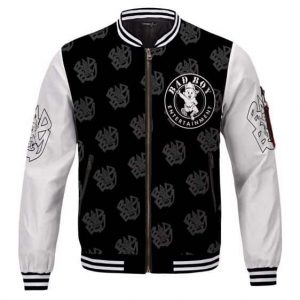 Bad Boy Entertainment Logo Pattern Black Varsity Jacket
Bad Boy Entertainment Logo Pattern Black Varsity Jacket -
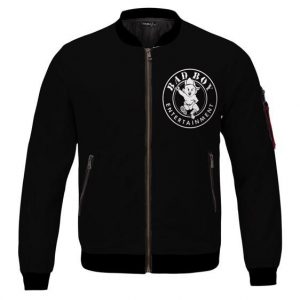 Biggie Bad Boy Entertainment Logo Black Bomber Jacket
Biggie Bad Boy Entertainment Logo Black Bomber Jacket -
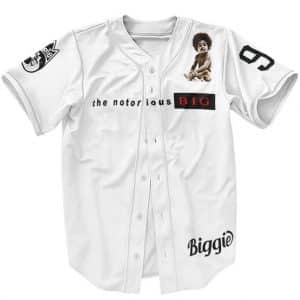 The Notorious BIG Ready To Die Album Cover Art White Baseball Jersey
The Notorious BIG Ready To Die Album Cover Art White Baseball Jersey -
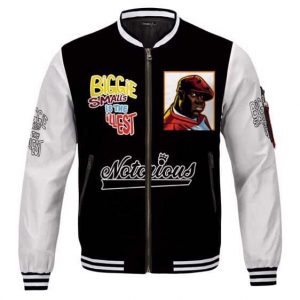 Notorious Biggie Smalls Is The Illest Bad Boy Varsity Jacket
Notorious Biggie Smalls Is The Illest Bad Boy Varsity Jacket -
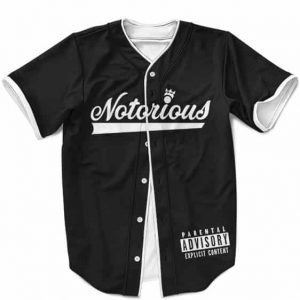 Big Poppa Notorious BIG 1972 Birthyear Clean Black Dope Baseball Uniform
Big Poppa Notorious BIG 1972 Birthyear Clean Black Dope Baseball Uniform -
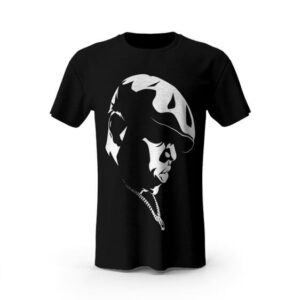 Face Silhouette Biggie Smalls Crown Logo T-Shirt
Face Silhouette Biggie Smalls Crown Logo T-Shirt -
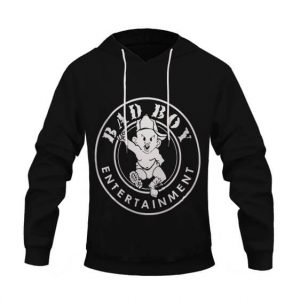 Bad Boy Entertainment Records Logo Black Pullover Hoodie
Bad Boy Entertainment Records Logo Black Pullover Hoodie -
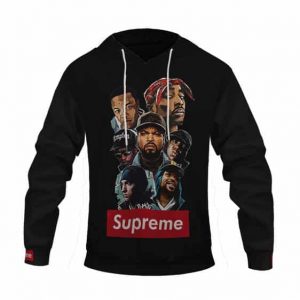 Iconic 90s Rappers Supreme Artwork Epic Pullover Hoodie
Iconic 90s Rappers Supreme Artwork Epic Pullover Hoodie -
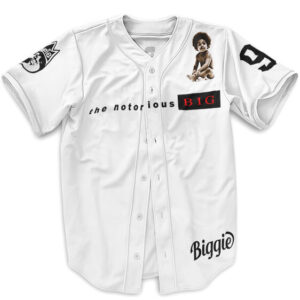 The Notorious BIG Ready To Die 1993 Baseball Jersey
The Notorious BIG Ready To Die 1993 Baseball Jersey
Lessons learned from the East Coast-West Coast rivalry
The East Coast-West Coast rivalry serves as a cautionary tale, highlighting the destructive power of feuds and the consequences of perpetuating violence and division. It reminds us of the importance of unity and collaboration within the hip hop community and beyond.
The tragic deaths of Biggie Smalls and Tupac Shakur should serve as a reminder that the pursuit of artistic expression and success should not come at the expense of human lives. Instead, their legacy should inspire future artists to use their platforms to uplift and empower, and to promote peace and understanding.
Conclusion
The East Coast-West Coast rivalry between Biggie Smalls and Tupac Shakur was a defining moment in hip hop history. It showcased the immense talent and storytelling abilities of two iconic artists, while also revealing the deeper complexities of their personal lives and the communities they represented. The rivalry’s impact on popular culture, the music industry, and the hip hop genre as a whole cannot be overstated. As we reflect on their lives and legacies, let us remember the lessons learned from their tragic deaths and strive to build a more unified and inclusive future for hip hop.

